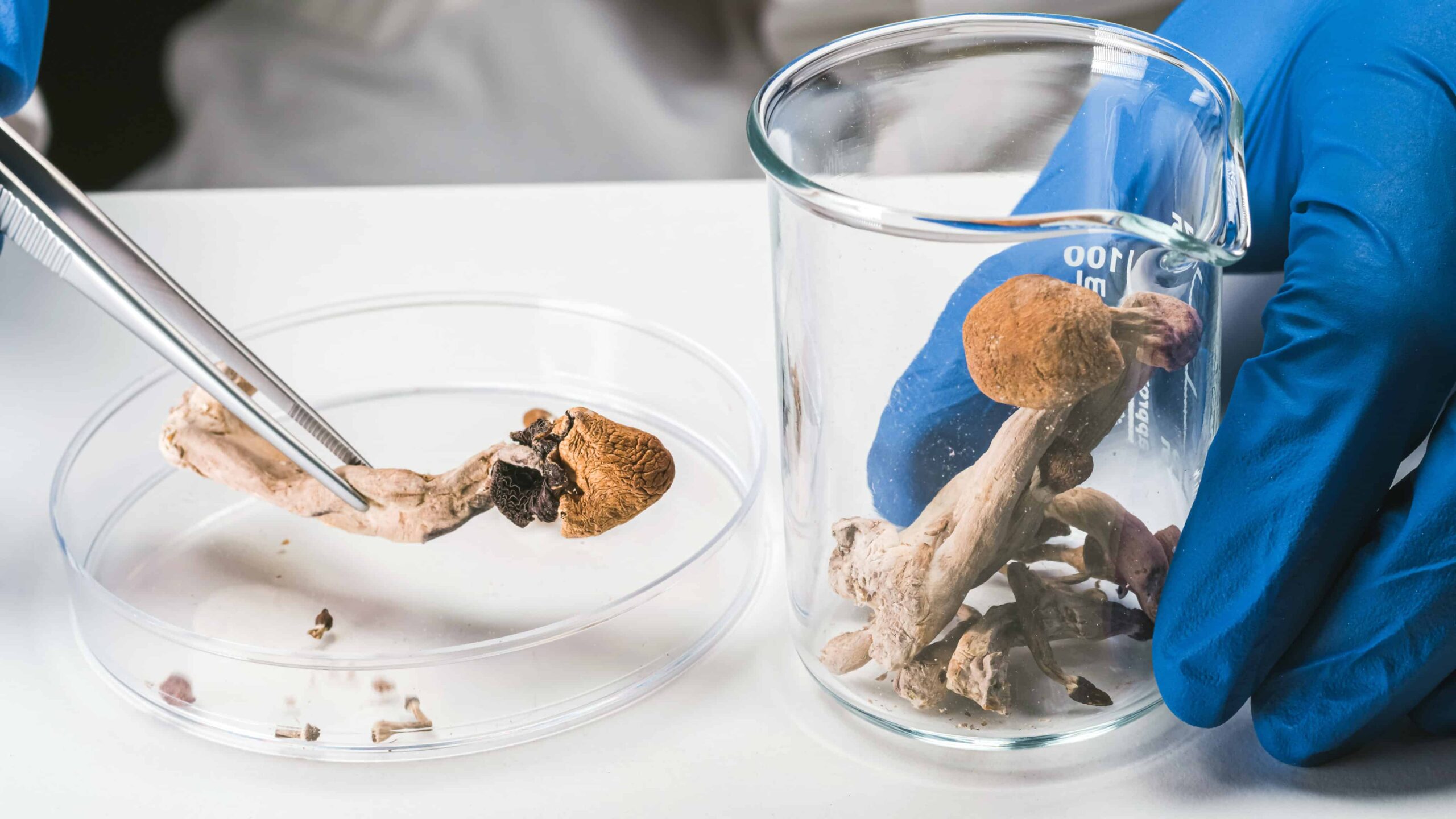
Arizona Bill would provide grants for magic mushroom trials
Proposed Arizona legislation would provide millions of dollars in grants to expand research into psilocybin – the primary psychoactive component in magic mushrooms – as a potential treatment for certain mental illnesses.
The bill, introduced by a Republican lawmaker and supported by Democrats, “would provide $30 million in grants over three years for clinical trials using whole mushroom psilocybin to treat mental illnesses such as depression and PTSD ‘ reports the Arizona Mirror.
The outlet reports that one of the bill’s biggest supporters, Dr. Sue Sisely is an internal medicine doctor who believes that psilocybin treatment could be a boon for ailing military veterans.
“It curbed her suicidality, it put her PTSD into remission, it even eased her pain syndromes,” Sisely said of patients who benefited from psilocybin, as quoted by the Arizona Mirror. “It has been shown to promote neurogenesis (the growth and development of nerve tissue). There’s all sorts of great things that are being uncovered, but they’re not in controlled studies — they’re anecdotes from veterans and other trauma sufferers.”
According to the Mirror, “The only controlled trials of psilocybin to treat disease to date have used a synthetic, single-molecule version of the substance, very different from a whole mushroom, which contains hundreds of compounds.”
“These agricultural products are very complex and people are reporting that they are benefiting from them,” Sisley told the Arizona Mirror. “No one in the world has access to synthetic psilocybin unless you’re in one of these big pharmaceutical trials.”
Over the past decade, psilocybin has moved from the fringe to the mainstream as researchers and policy makers have become more accessible to mushrooms as an effective treatment for a variety of different conditions.
It has also become the next frontier for proponents of drug legalization, as states like Arizona consider measures that would expand their use.
In northern Grand Canyon state, Utah advocates have launched a campaign to get lawmakers to legalize psilocybin for clinical and academic uses.
“Numerous solid studies have shown that psilocybin therapy is beneficial in reducing treatment-resistant depression, anxiety, addiction, trauma, obsessive-compulsive disorder, and other mental disorders. It is far more effective than synthetic pharmaceuticals. Psilocybin has also been shown to be effective in relieving anxiety and anxiety in people with terminal cancer. For example, a landmark study conducted by John Hopkins Medicine found that psilocybin reported improved mood and mental health after taking a single clinical dose,” Utah Mushroom Therapy, the group behind the campaign, said in a statement.
The group is trying to garner public support for the treatment after the state’s Republican Gov. Spencer Cox signed a bill last year creating a task force that will study psilocybin as a mental health treatment.
Utah Mushroom Therapy says that according to the task force, “The legalization and decriminalization of psilocybin in Utah is now very likely but still needs public support.”
“The use of mushrooms has been documented in 15 indigenous groups in America and various religious communities in Utah. This petition supports those groups who want to use psilocybin safely, honestly, and as a necessary part of their religion. The use of psilocybin is not inconsistent with other cultures in Utah and is protected by the First Amendment and the Restoration of Religious Liberty Act. This petition is to advocate for Utah law to protect the religious rights of Utah residents,” the group says.
“Psilocybin is a natural, non-toxic substance. Despite this, it is currently a Schedule I substance. Scientists have shown it to have profound medicinal value and believe that serotonergic hallucinogens support cognitive processes and should be decriminalized. Psychedelics can alter perception and mood, help people soften their perspective and perceptions, and process events that might otherwise lead to substance abuse, trauma, and criminal behavior.”

Post a comment: